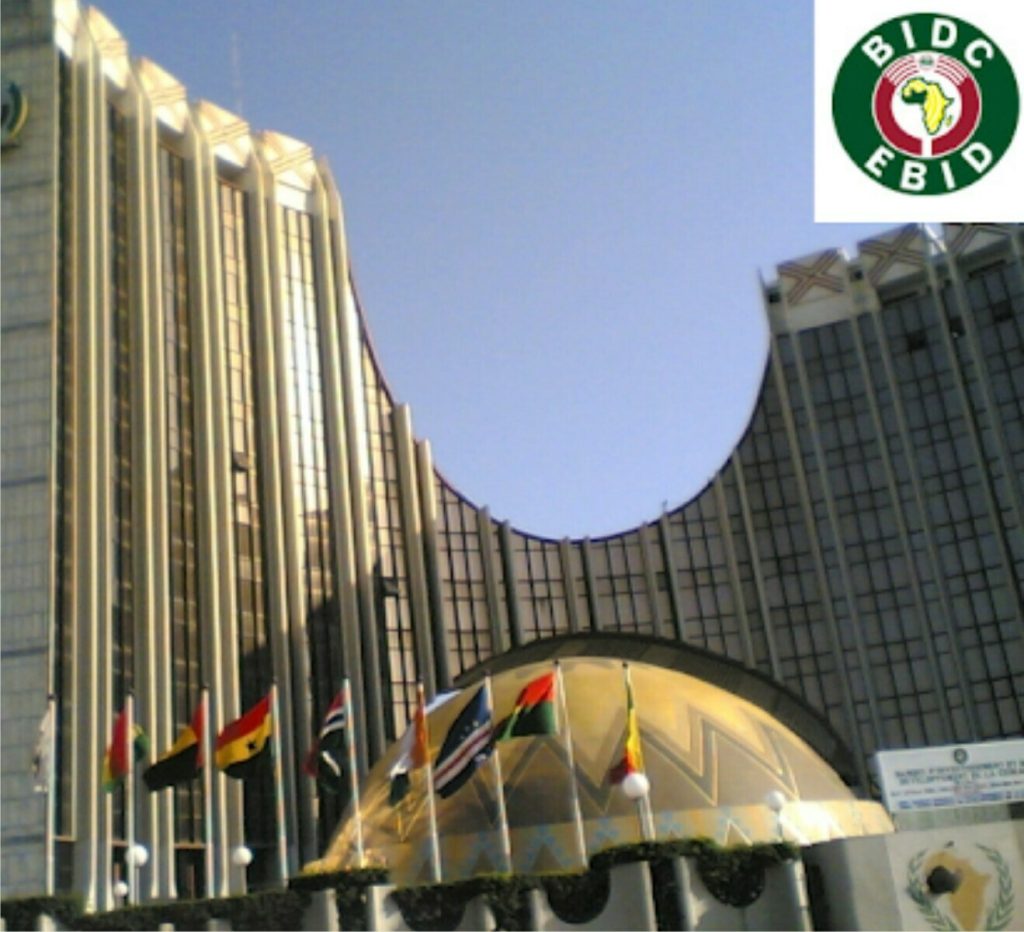On October 1, 2024, the Board of Directors of the ECOWAS Bank for Investment and Development (EBID) convened for its 89th Ordinary Session in Lomé, Togo, where significant financial commitments were approved to bolster infrastructure, trade, and sustainable development within West Africa. Under the leadership of Dr. George Agyekum Donkor, the President and Chairman of the Board, the meeting became a platform to address pressing economic needs in the region. In total, investments amounting to EUR 61 million and USD 100 million were sanctioned, reflecting EBID’s ongoing commitment to stimulate regional economic growth and foster sustainable initiatives. This strategic focus aligns with the bank’s broader mission to enhance regional integration and development across the ECOWAS member states.
A substantial portion of the allocated funds, specifically USD 100 million, is intended as a line of credit for Access Bank Plc in Nigeria. This initiative aims to empower small and medium-sized enterprises (SMEs), facilitating their expansion across diverse sectors. The move underlines a concerted effort to strengthen the private sector, which is viewed as a critical driver of economic resilience and innovation within the region. By enabling SMEs to grow, the bank not only supports job creation but also enhances the overall economic landscape of West Africa, fostering an environment conducive to sustainable development and competitiveness.
In addition to the support for private enterprises, three public sector projects totaling EUR 61 million were approved, specifically directed towards Nigeria. These projects focus on enhancing infrastructure, transport, health, and various sustainable development initiatives. The approved projects are crafted to align seamlessly with the United Nations Sustainable Development Goals (SDGs), emphasizing the commitment of the EBID to integrate global development frameworks into its investments. By backing infrastructure and health projects, the bank aims to foster long-term improvements in living standards and economic productivity, which are essential for sustainable regional progress.
These latest approvals reflect a significant milestone for EBID, bringing its total financial commitments within the ECOWAS region to USD 4.2 billion. Notably, the cumulative commitments directed towards Nigeria alone have now reached USD 408 million. This level of investment demonstrates EBID’s pivotal role in regional development and highlights the strategic importance of Nigeria within the ECOWAS framework. The bank’s initiatives are not merely financial transactions; they are part of a broader strategy to stimulate meaningful progress and stability in a region often confronted with economic challenges and developmental disparities.
Dr. Donkor’s statements during the session highlighted the alignment of these approvals with the bank’s Strategic Plan for 2021-2025, which serves as a roadmap for future investments and development strategies. The emphasis on sustainable development and regional integration reflects an understanding of the interconnected nature of economic challenges in West Africa. Through its investments, EBID aims to not only nurture individual enterprises and projects but also foster a cohesive economic environment in which collaborative growth can occur, ultimately enhancing the capability of member states to navigate global economic landscapes more effectively.
In conclusion, the recent decisions made by the EBID’s Board of Directors underscore the institution’s unwavering commitment to enhancing development across West Africa through strategic investments in both the private and public sectors. The allocations of EUR 61 million and USD 100 million signify a robust approach to addressing the region’s infrastructural needs and supporting the growth of SMEs, thus laying down a foundation for sustainable economic development. As EBID continues to advance its mission, the focus remains on aligning with international development goals, consolidating investments, and fostering an integrated regional economy that can better withstand challenges while promoting prosperity for its member states.














